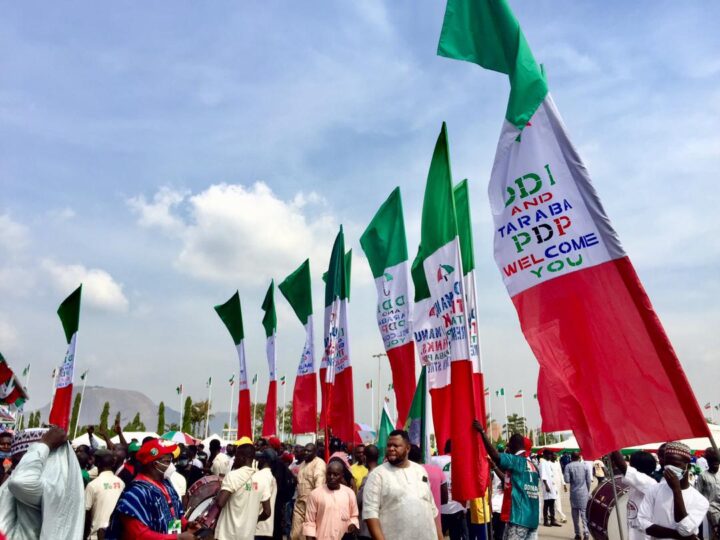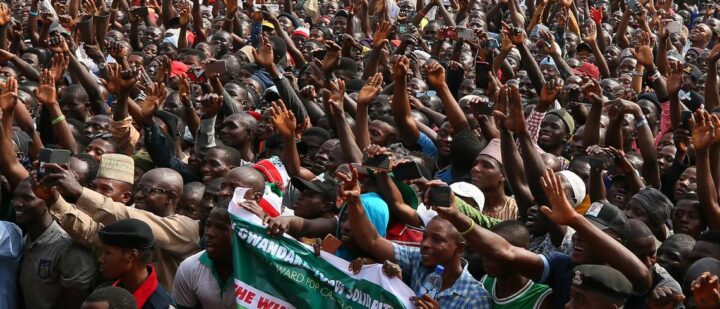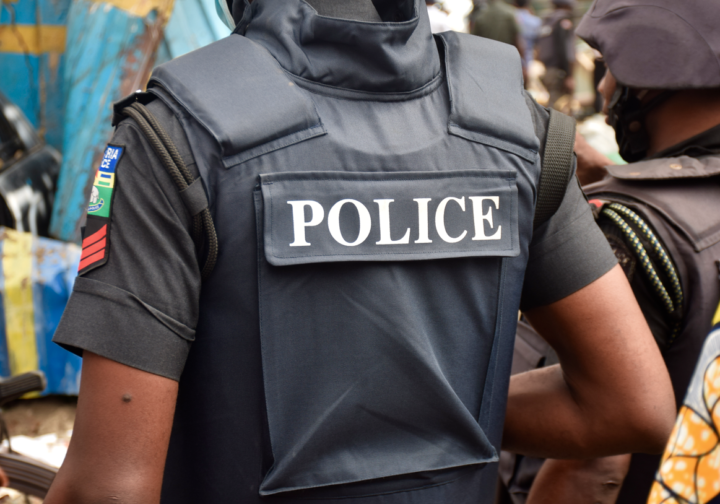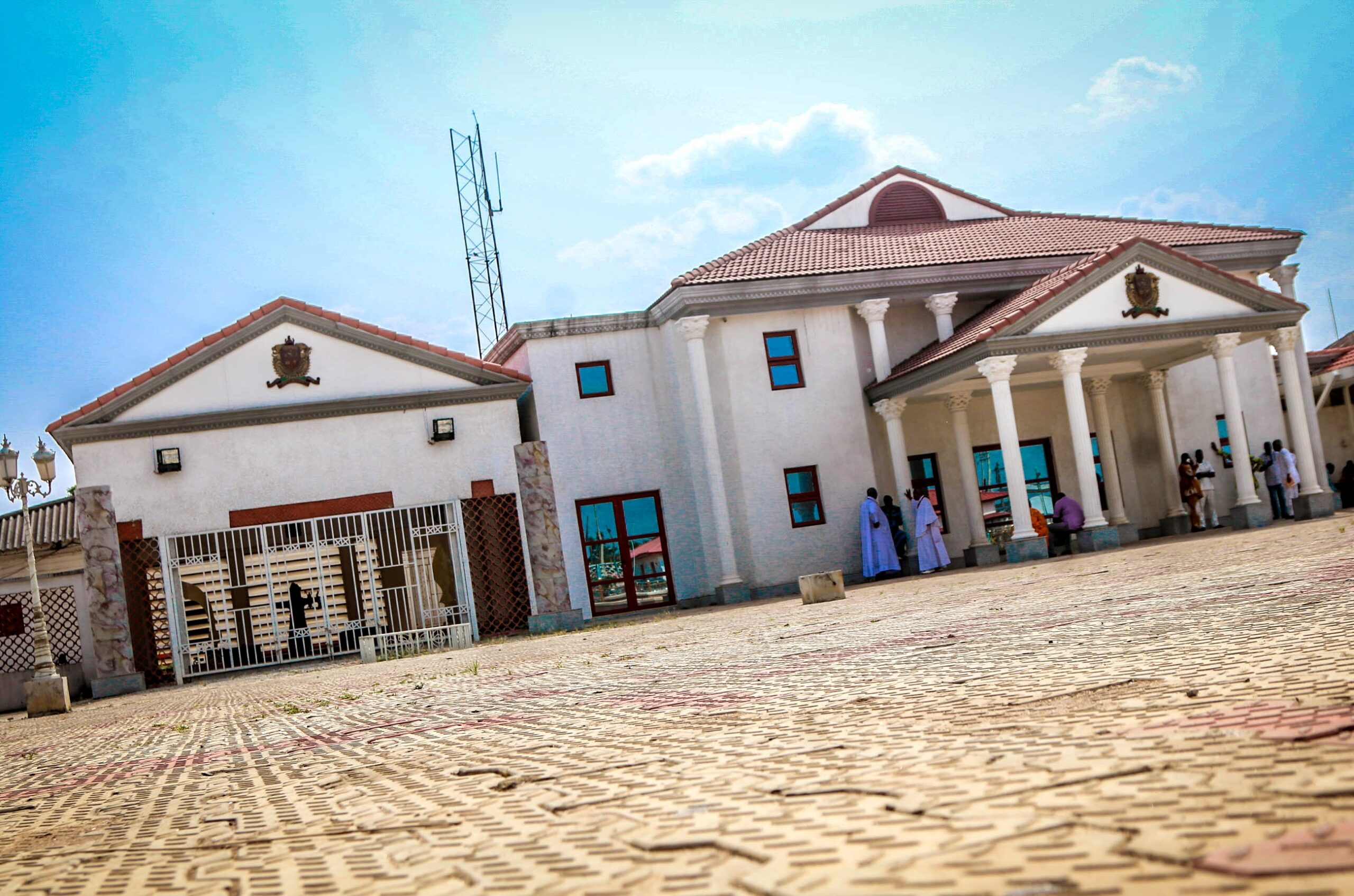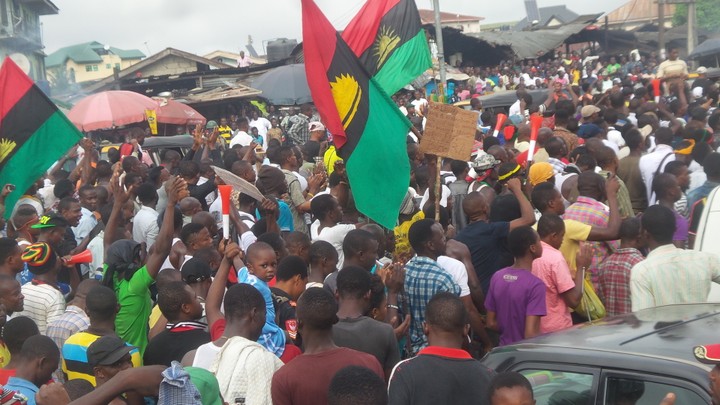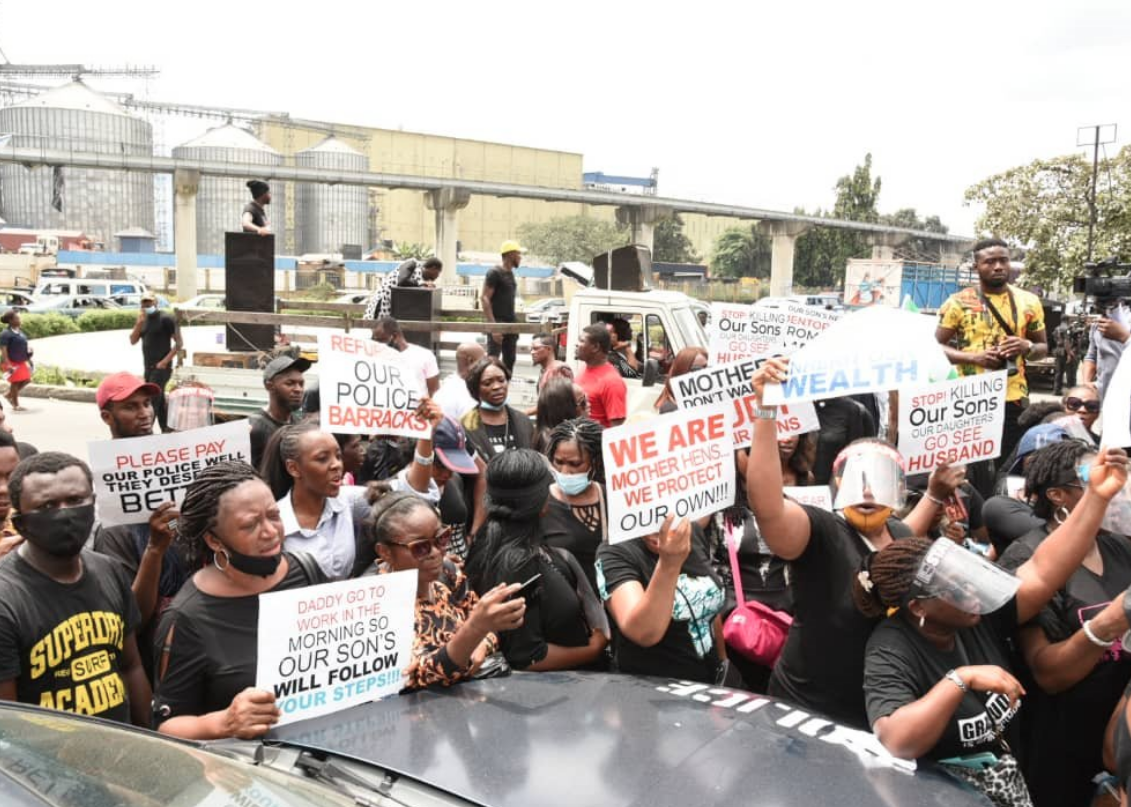BY IFE OSEMEDUA
Many people would readily advance the argument that life has become a nightmare in today’s Nigeria. This, accounts for the public outrage, disillusionment and increasing loss of belief and confidence in the political system and political class.
The sad reality remains that there is abject poverty, hunger and hopelessness across the nation. People are truly suffering. The fact that nothing seems to be working again in the nation is eliciting conversations about governance and leadership in every quarter. This is further underscored by the current inexplicable fuel scarcity and regular collapse of the national grid of electricity power supply and the resultant difficulty.
So, an objective appraisal of the current situation under the watch of the ruling All Progressives Congress (APC), would most likely come to the bitter conclusion that the APC government has failed in giving Nigerians hope and leading the nation to a better place than it met it.
Advertisement
This dire situation is even made worse by the almost intractable security challenges and the fact that Nigeria’s unity has become more fragile than ever before.
That is why there appears to be a consensus that the Peoples Democratic Party (PDP), stands a better chance of taking back power from the APC come 2023, on account of the fact that the ruling party has done anything but met the expectations of the people. APC leadership, according to many, has been disappointing, distasteful and uninspiring.
Not that the PDP is populated by saints, but as it stands today, the party provides a better alternative. Many are of the view that Nigeria deserves a fresh start. New strategy and direction. And a new energy that would take the nation on the path of progress.
Advertisement
The PDP, however, would only achieve this goal of wresting power from the APC, if only it makes haste to put its house in order.
Curiously, it appears that the PDP is its own biggest opposition, if one puts recent developments within the party into context. Leaving some key contentious issues like zoning unresolved even when the party has commenced sales of nomination forms for 2023 elections, has polarized the party and left many of its faithful more confused.
The party only set up a zoning committee on the heels of the impassioned agitations for zoning that have once again exposed the delicate North/South dichotomy.
That is why the proposal for consensus arrangement for who becomes the flag bearer of the party, initiated by three aspirants from the North, Governor Aminu Tambuwal of Sokoto, Governor Bala Mohammed of Bauchi and former President of the Senate, Bukola Saraki, is a welcome development.
Advertisement
This same approach had earlier been canvased by The Generation Next Collective (GNC), a coalition of pragmatic youth and women groups, with core interest in development strategies and democratic accountability, who had urged the PDP to urgently address the lingering ambiguity over which zone the presidential candidate should come from; and follow it up by building an honest purpose-driven, robust consensus, as may be allowed by law, around a suitable aspirant.
GNC’s position was that consensus arrangement would save time, cost and energy and would essentially, give the party the ample time and essentially, a united front to focus on the challenge of dethroning APC from power in 2023.
But who among the three proponents of consensus arrangement is more suitable to take the shot for the top job?
An honest assessment would show that they are all capable hands; that if given the opportunity would do better than the current president. But in practical terms, only one of them has to emerge.
Advertisement
It has been argued elsewhere that without prejudice to the agitations for a Southern presidency, the current degenerating security challenges in the nation makes it more imperative that a northerner succeeds the current president.
The reason is strategic, even though it appears seemingly controversial. The point is that a northerner would most likely receive more cooperation and understanding from the region, which will help to achieve more success in tackling the problems of banditry and terrorism in the region, especially because of the noticeable, disturbing intersection between religion and insecurity in the area.
Advertisement
Dr. Onyechaki Eke, a financial consultant, in his article in Business Day newspaper, wrote: “If I may be honest with you, leaving such complex security challenges in the hands of my brothers from the South to solve, would amount to inviting such a person into a field littered with landmines, on account of the delicate, complex ethnic and religious intersection with the issues of insecurity in the region. It would be misinterpreted as a southern agenda against the North by mischief makers.”
According to Eke, even restructuring of the country, which many of the key aspirants are canvasing, would most likely witness similar ethnic/religious misgivings, should a southerner try to carry out such an agenda at this point in time that the nation is so bitterly divided along ethnic and religious lines.”
Advertisement
This kind of position, canvased by Eke, rather than entitlement perspectives, anchored on ‘it’s our turn’, in my candid opinion, should form part of the fulcrum of the persuasive messages the northern aspirants and their supporters, would objectively be presenting to the rest of the nation.
Looking at the duo of Saraki and Tambuwal, both have invaluable executive and legislative experiences on account of the leadership roles they held as Senate President and Speaker, House of Representatives, respectively. Saraki was also a governor of Kwara state, while Tambuwal is the incumbent governor of Sokoto State. These experiences would make both of them veritable asset in the presidency should either of them become president.
Advertisement
But beyond that, the PDP has to cross the hurdle of winning the election. So, between the two prominent politicians, who presents the brightest prospect? This is without prejudice to Atiku who many people in the party are saying should allow a younger aspirant to represent the party.
While both Saraki and Tambuwal, tick many positive political boxes, strategic elements of winning a general election, appear to be the dividing line between both politicians. And this should be underscored in determining who gets the final nod.
Essentially, politics in a democracy is a game of numbers. Who among them has a wider reach, public appeal beyond their individual states of origin and also better capacity, to mobilize more bloc votes? The role bloc votes would play in winning a general election should also be put into consideration.
It has been observed overtime, that states in the North Central, where Saraki comes from, appear to be more politically individualistic than those from other zones. The usual solidarity on the bases of zonal arrangement, as expressed in some other zones in the North, may not exist in the North Central and this should be a concern.
The implication of this is that beyond Kwara, Saraki may not likely enjoy expected political solidarity from other states in the zone. And that could be a significant loss to PDP, should that happen.
This is where Tambuwal’s advantage could come in. The core North, apparently has a more united front politically. This is as a result of the obvious sociological, religious and linguistic factors.
Such verifiable political factors, would elicit more solidarity votes from the North West geopolitical zone where Tambuwal hails from.
That zone that encompasses Jigawa, Kaduna, Kano, Katsina, Kebbi, Zamfara and Sokoto, the home state of Tambuwal, is also known as a massive fertile field for political votes harvesting. That factor should also not be overlooked by the party.
Many have also expressed the opinion that the Sokoto State governor stands a better chance of receiving support across board from the South on account of his conviviality, network and following, than his other colleagues. The momentum he gathered in 2018 across the nation before the primary, is a ready reminder.
However, one thing that critics throw up whenever Tambuwal’s presidential aspiration is mentioned is the issue of how insecurity in Sokoto has been handled so far.
But knowledgeable individuals that understand the dynamics of power equation between a president who is the commander in chief of the armed forces and a state governor, who does not control any of the security agencies, know what the issues are. And objectively wouldn’t blame him as he isn’t a custodian of the federal might, that appears to be reluctant so far, in fighting the scourge decisively.
To succeed as a president in the present day Nigeria, some people have said that the person must have a broad perspective on issues of diversity, nation building and changing dynamics of economic development. The individual most also be pragmatic, firm and decisive in making critical decisions that would take the nation forward and propel it on the path of economic growth and prosperity.
The question remains, does Tambuwal possess these attributes? Those that have followed his leadership trajectory as a public servant, recommend him for the top job as they are in agreement that he does.
Osemedua is a development consultant. He writes from Abuja.
Views expressed by contributors are strictly personal and not of TheCable.
Add a comment
